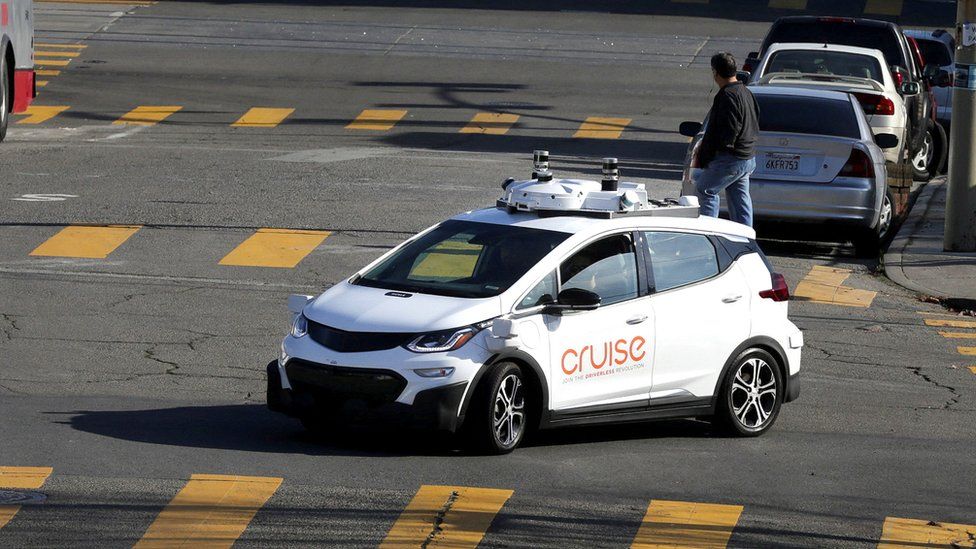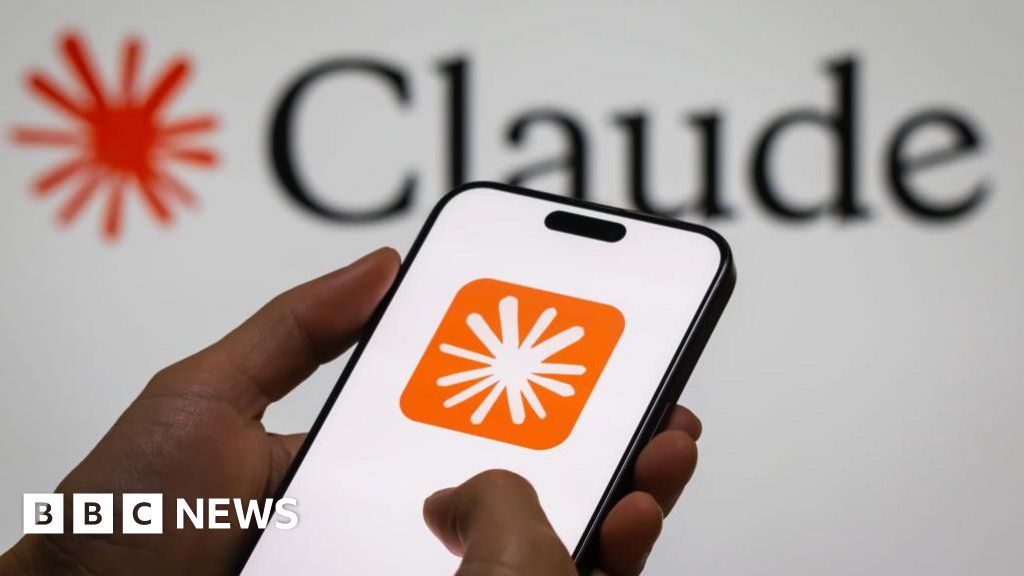ARTICLE AD BOX
 Image source, Reuters
Image source, Reuters
A Cruise car on the street in San Francisco
About 600 self-driving cars made by a unit of General Motors are being investigated by regulators after reports of injuries to pedestrians.
Self-driving cars made by Cruise may have been "encroaching on pedestrians", according to the National Highway Traffic Safety Administration (NHTSA).
The NHTSA said it had received two reports involving pedestrian injuries.
Cruise says its safety record "continues to outperform comparable human drivers".
The NHTSA's Office of Defects Investigation said the reports were related to self-driving cars hitting pedestrians on crossings in San Francisco.
Both the reports submitted to the NHTSA involved pedestrians crossing after the cars' traffic lights had turned green.
In one incident from August 2023, the self-driving car hit someone at 1.4mph.
In the other incident another car, which was being driven by a person, hit a pedestrian crossing the road, which knocked the person in front of the driverless car.
The October 2023 report says that the driverless car "braked aggressively" but was not able to stop in time and hit the pedestrian.
Both the incidents happened at night time.
A view from the passenger seat of a Cruise robotaxi
The NHTSA added that it was also looking into two videos involving pedestrians which have been posted online.
In August, the California government voted to allow two cab companies - Waymo and Cruise - to run a 24-hour service using driverless cars. Previously, they had only been allowed to operate paid rides at night.
The decision was controversial in San Francisco, with some saying that the vehicles are safer than those driven by human drivers - while others say that they pose a safety risk by blocking fire trucks.
Cruise, which is a subsidiary of General Motors, says that its safety record "over five million miles" is better in comparison to human drivers.
It adds that it "has consistently cooperated with each of NHTSA's requests for information - whether associated with an investigation or not" and will continue doing so.

 1 year ago
38
1 year ago
38








 English (US) ·
English (US) ·